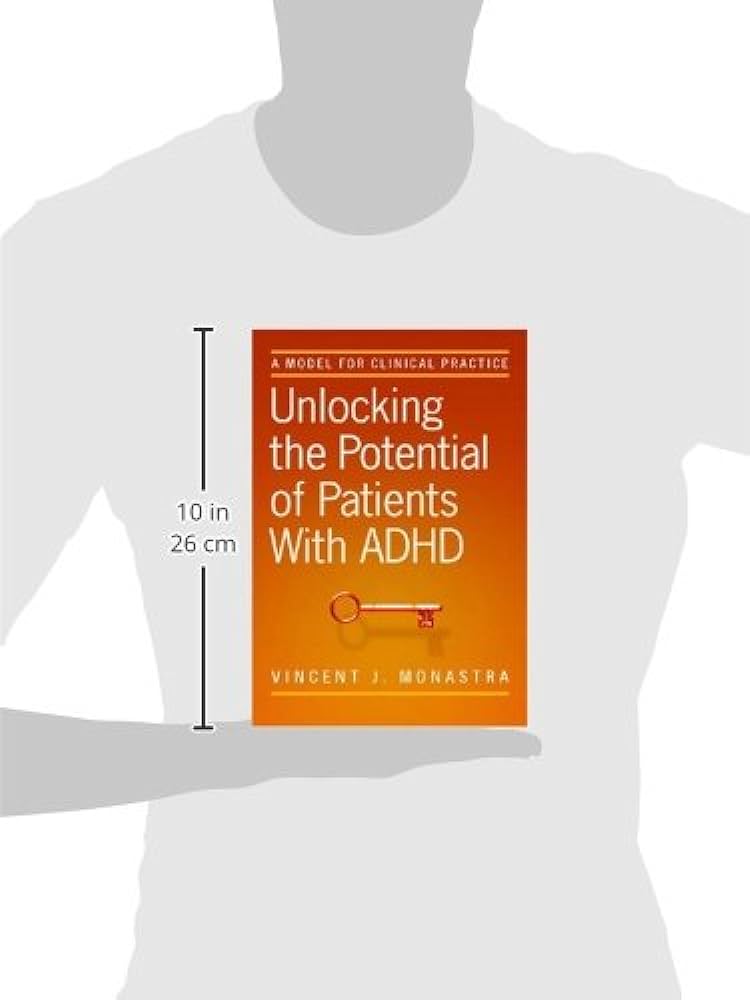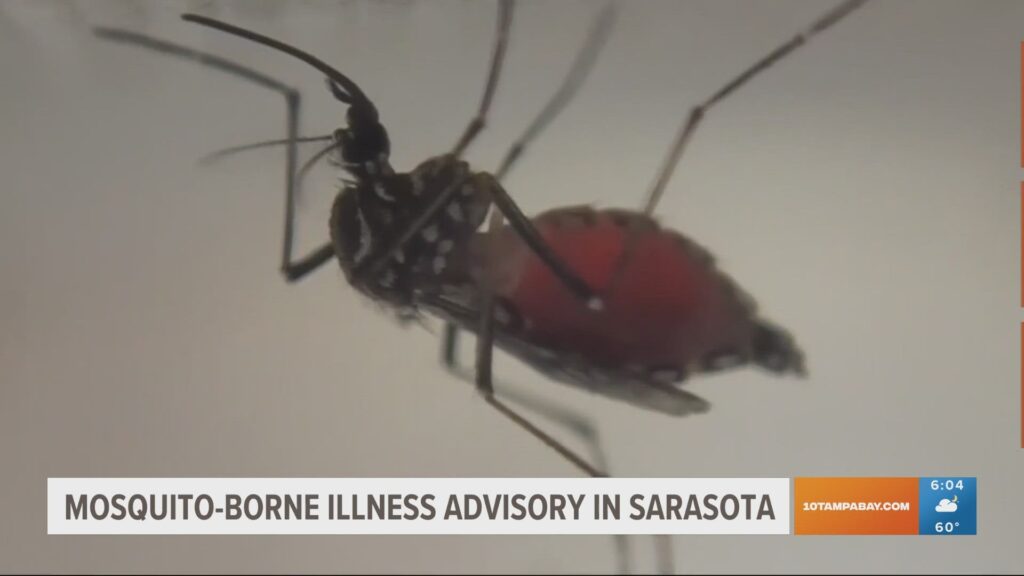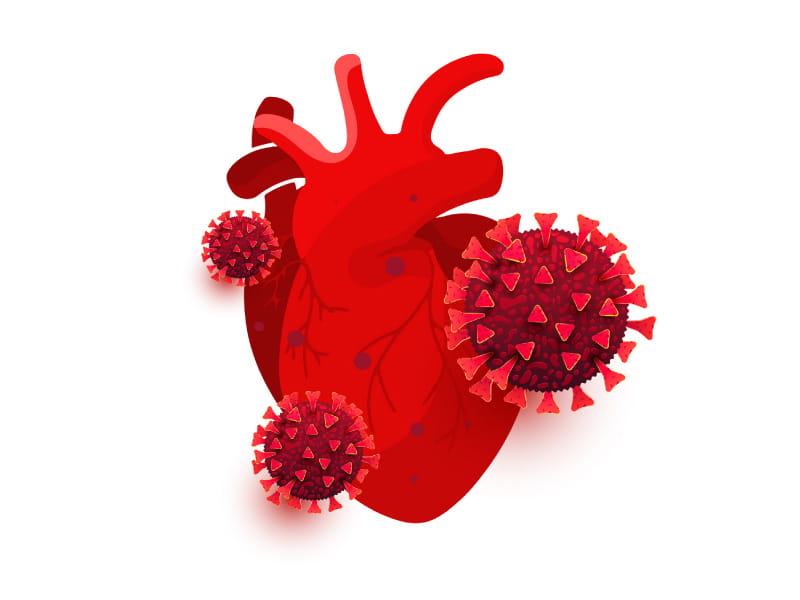Adult Attention Deficit Hyperactivity Disorder (ADHD) is a mental health disorder characterized by difficulty focusing, restlessness, impulsiveness, forgetfulness, and trouble with time management and multitasking. Adults with ADHD may struggle to prioritize tasks and have difficulty staying organized, leading to challenges in their careers and relationships.
Lifestyle factors such as diet, sleep, physical activity, and caffeine intake can potentially trigger ADHD symptoms in adults. ADHD is a disorder that typically begins in childhood and continues into adulthood, with adults experiencing symptoms of ADHD before the age of diagnosis.
It is important to diagnose and treat adult ADHD to improve overall functioning and quality of life.
Understanding Adult Adhd: Symptoms And Challenges
Adult Attention Deficit Hyperactivity Disorder (ADHD) presents symptoms such as difficulty focusing, restlessness, forgetfulness, and impulsiveness. Understanding these challenges can help individuals seek appropriate treatments, such as behavioral therapy, medication, or psychotherapy, to improve their quality of life.
Adult Attention Deficit Hyperactivity Disorder (ADHD) affects individuals in various ways. Common symptoms include difficulty focusing, restlessness, difficulty getting started and completing tasks, forgetfulness, impulsiveness, lack of focus, misplacing items, time management concerns, and trouble multitasking. Adults with ADHD may struggle to prioritize, start, and finish tasks. They may also experience disorganization, restlessness, and easy distraction. Poor concentration while reading and an inability to stay focused and follow through on tasks can affect careers, ambitions, and relationships. Triggers for ADHD symptoms in adults can be related to general health or lifestyle factors such as diet, sleep, physical activity, and caffeine intake. While ADHD is a complex disorder, it can be managed with the help of medication, behavioral therapy, and psychotherapy. It is important for individuals with Adult ADHD to seek professional help to better understand and cope with their symptoms.

Credit: www.bridgestorecovery.com
Behavioural Therapy
Behavioural therapy is an effective treatment for adult attention deficit hyperactivity disorder (ADHD), helping individuals improve focus, manage impulsivity, and enhance time management skills. This therapy focuses on identifying and modifying specific behaviors that contribute to ADHD symptoms, providing practical strategies for better daily functioning.
| Behavioural Therapy |
| Cognitive Behavioral Therapy (CBT) |
| Cognitive Behavioral Therapy (CBT) is a form of therapy that focuses on changing negative thoughts and behaviors. It helps individuals with Adult Attention Deficit Hyperactivity Disorder (ADHD) identify and modify unhelpful patterns of thinking and behaviors that contribute to their symptoms. This therapy involves working with a therapist to develop strategies for managing challenges such as difficulty focusing, impulsiveness, and poor time management. CBT helps individuals develop coping skills and improve their ability to regulate their emotions and behaviors. It can be an effective treatment option for adults with ADHD, as it addresses both the cognitive and behavioral aspects of the disorder. |
| Dialectical Behavior Therapy (DBT) |
| Dialectical Behavior Therapy (DBT) is a specific type of cognitive-behavioral therapy that emphasizes mindfulness, emotion regulation, distress tolerance, and interpersonal effectiveness. It incorporates various techniques and skills to help individuals with ADHD manage their symptoms and improve their overall well-being. DBT teaches individuals how to identify and challenge negative thoughts, regulate their emotions, and develop healthier coping strategies. It can be especially beneficial for individuals with ADHD who also struggle with impulsivity, emotional dysregulation, and interpersonal difficulties. |
| Mindfulness-Based Cognitive Therapy (MBCT) |
| Mindfulness-Based Cognitive Therapy (MBCT) combines principles of cognitive therapy with mindfulness practices. It aims to help individuals with ADHD become more aware of their thoughts, feelings, and physical sensations in the present moment without judgment. By developing mindfulness skills, individuals with ADHD can better manage distractions, reduce impulsivity, and enhance their overall attention and focus. MBCT also helps individuals develop non-reactivity to their thoughts and emotions, which can be particularly helpful for those with ADHD who experience racing thoughts and difficulty staying present. |
Medication
Medication plays a crucial role in managing symptoms of Adult Attention Deficit Hyperactivity Disorder (ADHD). It can help improve focus, reduce impulsivity, and increase task completion for adults struggling with ADHD. Finding the right medication and dosage is a process that should be discussed with a healthcare professional.
| Medication |
|---|
Stimulants
Non-stimulants
|
Psychotherapy
Psychotherapy can be a helpful treatment option for adults with Attention Deficit Hyperactivity Disorder (ADHD). Through individual counseling sessions, psychotherapy can assist in managing symptoms such as difficulty focusing, impulsiveness, and time management concerns, aiding in improving overall functioning and quality of life.
Individual Therapy
Individual therapy is a common treatment approach for adults with Attention Deficit Hyperactivity Disorder (ADHD). It involves one-on-one sessions with a therapist to address specific challenges and develop strategies for managing symptoms. During individual therapy sessions, individuals with ADHD can explore their thoughts, feelings, and behaviors related to their condition. Therapy may focus on improving time management skills, enhancing organizational techniques, and developing effective coping mechanisms.
Group Therapy
Group therapy can also be beneficial for adults with ADHD. It provides an opportunity to connect with others who share similar experiences and challenges. Group therapy sessions often involve discussions, support, and skill-building exercises. Engaging in group therapy can help individuals with ADHD develop a sense of community, learn from others’ strategies, and gain insights into their own condition.
Couples Therapy
Couples therapy is another form of psychotherapy that can be beneficial for adults with ADHD who are in relationships. It focuses on providing support and guidance for both partners in managing the unique challenges that arise due to ADHD. Couples therapy can improve communication, enhance understanding, and strengthen the relationship. It provides a safe space for open dialogue and helps both partners develop strategies to navigate the impact of ADHD on their relationship.
Complementary And Alternative Treatments
Complementary and alternative treatments for Adult Attention Deficit Hyperactivity Disorder (ADHD) include behavioral therapy, medication, psychotherapy, and antidepressants. These treatments can help manage symptoms such as difficulty focusing, restlessness, impulsiveness, and time management concerns. It is important to consult with a healthcare professional to determine the most suitable treatment approach.
| Complementary and Alternative Treatments | ||||||
|---|---|---|---|---|---|---|
|
Engaging in regular exercise and physical activity can be beneficial for adults with attention deficit hyperactivity disorder (ADHD). Physical movement helps to reduce restlessness and improve focus. Activities like jogging, swimming, and yoga can help to release excess energy and promote relaxation. It is recommended to incorporate at least 30 minutes of moderate-intensity exercise into the daily routine.
Some evidence suggests that dietary changes may impact ADHD symptoms. A balanced diet with sufficient vitamins, minerals, and omega-3 fatty acids can support brain function. Avoiding processed foods, artificial additives, and excessive sugar intake is recommended. It is also worth exploring elimination diets to identify any food sensitivities that may exacerbate symptoms.
Practicing meditation and relaxation techniques such as deep breathing exercises, mindfulness, and guided imagery can help adults with ADHD manage stress and improve concentration. These techniques promote a state of calmness and can be incorporated into daily routines to enhance overall well-being.
Unlocking Your Potential: Living A Fulfilling Life With Adult Adhd
Unlocking Your Potential: Living a Fulfilling Life with Adult ADHD offers practical strategies and insights for individuals with Adult Attention Deficit Hyperactivity Disorder. Discover how to overcome challenges, improve focus, and unleash your true potential in a fulfilling and successful life.
Adult Attention Deficit Hyperactivity Disorder (ADHD) can present unique challenges in living a fulfilling life. However, by establishing routines and structure, individuals with ADHD can unlock their potential and thrive. Setting realistic goals is crucial in managing ADHD symptoms and achieving success. Developing effective time management strategies is essential for maintaining focus and productivity. Improving organizational skills can help in minimizing forgetfulness and managing tasks efficiently. Managing stress and emotions is vital for overall well-being and symptom management. Building a strong support network can provide encouragement, understanding, and assistance when navigating the challenges of adult ADHD. By implementing these strategies, individuals with ADHD can take control of their lives and embrace their strengths to live a fulfilling life.
Frequently Asked Questions Of Adult Attention Deficit Hyperactivity Disorder
What Are The Signs For Adhd In Adults?
Symptoms of ADHD in adults include impulsiveness, disorganization, poor time management, difficulty focusing on tasks, trouble multitasking, restlessness, poor planning, and low frustration tolerance. Adults with ADHD may have trouble prioritizing, starting, and finishing tasks, and may also exhibit difficulty concentrating while reading.
Triggers for ADHD symptoms in adults may include factors such as diet, sleep, sedentary lifestyle, and caffeine consumption. ADHD is a mental health disorder that can persist from childhood into adulthood, impacting various aspects of life including career, ambitions, and relationships.
What Does Attention Deficit Disorder Look Like In Adults?
Adults with attention deficit disorder may exhibit difficulty focusing, restlessness, impulsivity, forgetfulness, and trouble managing time and multitasking. They may also struggle with prioritizing, starting, and completing tasks, leading to disorganization and easily getting distracted. These symptoms can negatively impact their careers, ambitions, and relationships.
What Are The 3 Main Symptoms Of Adhd?
The three main symptoms of ADHD are difficulty focusing, restlessness, and difficulty getting started and completing tasks.
What Can Trigger Adhd In Adults?
ADHD in adults can be triggered by factors such as diet, sleep patterns, sedentary lifestyle, and caffeine consumption. While not conclusive, there is evidence that a poor diet can worsen the symptoms of ADHD.
Conclusion
Adult Attention Deficit Hyperactivity Disorder is a complex mental health disorder that can have a significant impact on an individual’s life. From difficulty focusing and completing tasks to impulsivity and restlessness, the symptoms of adult ADHD can disrupt daily functioning.
However, there are various treatments available, including medication, psychotherapy, and behavioral therapy, that can help manage and alleviate these symptoms. It is important for individuals with adult ADHD to seek professional help and develop strategies to effectively cope with their condition.
By understanding and addressing the challenges associated with adult ADHD, individuals can lead healthier and more fulfilling lives.







